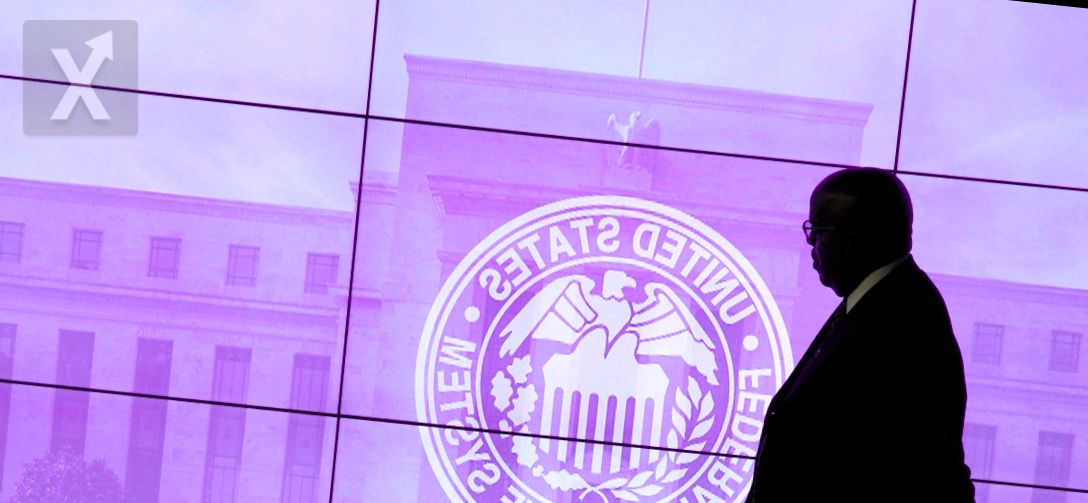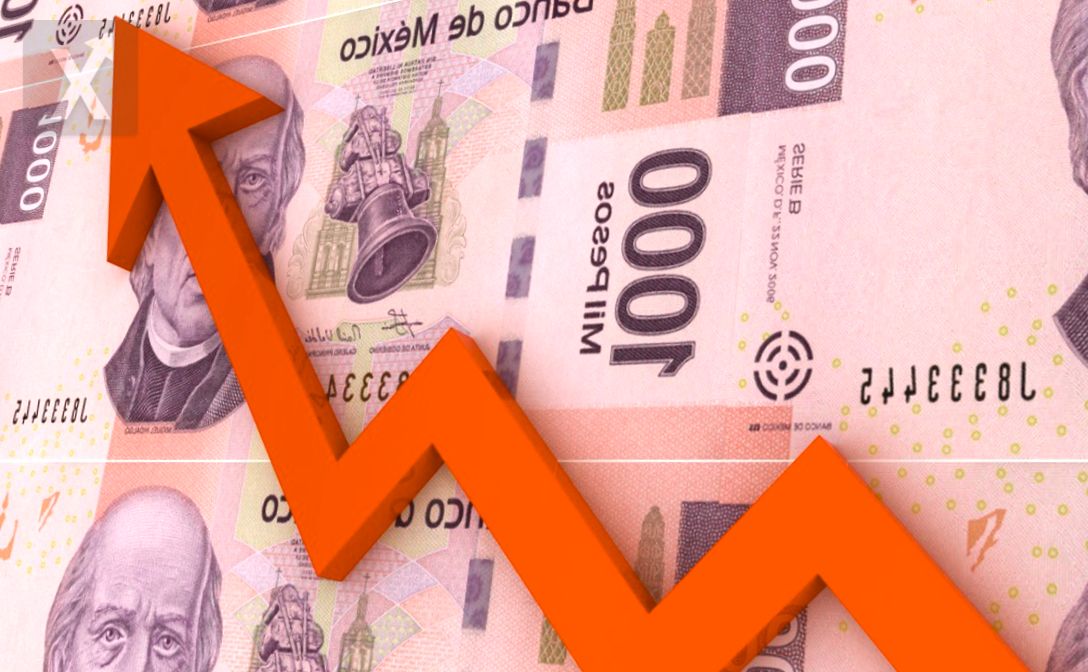The Federal Reserve Lowers Interest Rates by 25 Basis Points

This Thursday, the Federal Reserve (Fed) decided to reduce interest rates by a quarter percentage point, announcing that the labor market "has generally loosened," while inflation continues its path toward the central bank's 2% target in the United States. "Economic activity continues to grow at a solid pace," stated the Fed's Federal Open Market Committee at the end of a two-day meeting, where it was agreed to lower the benchmark interest rate to a range between 4.50% and 4.75%, as expected.
The decision was supported by all members. However, unlike the previous statement that mentioned the slowdown in job growth, the new one refers to the labor market in a more general sense. Although the unemployment rate remains low, "the conditions in the labor market have generally loosened," it added. The Federal Reserve indicated that the risks regarding the labor market and inflation are "roughly balanced," repeating the same language as in its September statement. Additionally, the new statement slightly adjusted the reference to inflation, noting that price pressures have "moved" toward the Fed's target, instead of "having moved even further." Furthermore, the personal consumption expenditures price index, excluding food and energy, a crucial indicator of inflation, has shown little variation over the past three months, standing at 2.6% annually in September. This statement from the Federal Reserve will be examined in the context of President-elect Republican Donald Trump's return to power in January. Trump, who defeated Democratic Vice President Kamala Harris in Tuesday's elections, has campaigned with promises ranging from heavy tariffs on imports to drastic measures against immigration, which could broadly and unpredictably impact the economic landscape that the Fed will have to manage in the coming months. Jerome Powell, appointed by Trump during his first term to lead the Fed and who had disagreements with the then-president in 2018 and 2019 over rate policy, will hold a press conference soon.
This change in interest rates by the Fed could have a domino effect on the financial system, influencing not only the U.S. economy but also the behavior of emerging markets like Mexico. Investors should be alert, as these moves can lead to adjustments in investment and financing for projects in the short term. A lower rate environment could make credit more accessible, but it is also important to consider how it will affect inflation and long-term economic growth.




